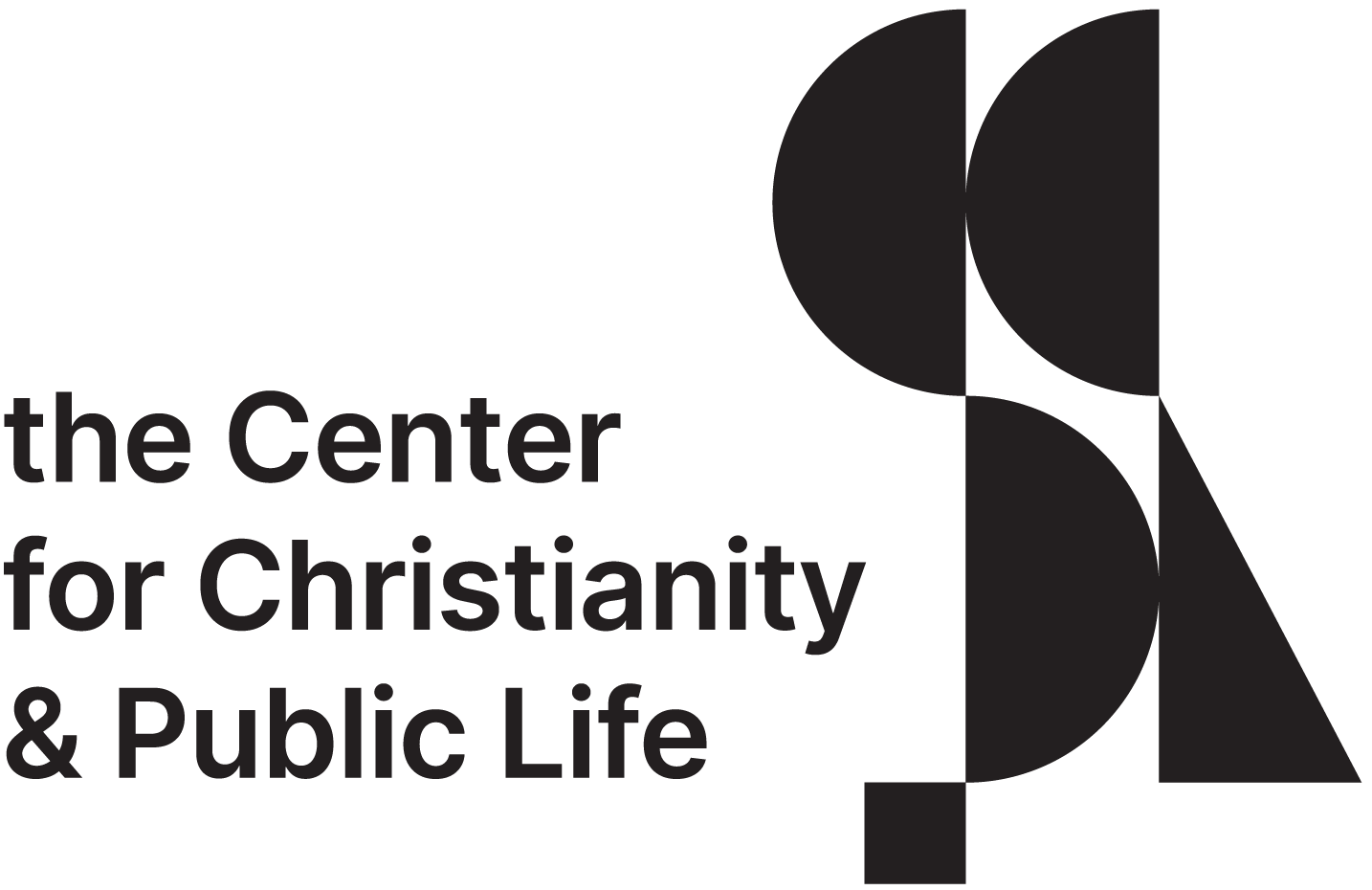A Politics of Contribution
So much political analysis is about what powerful people and organizations do to influence the electorate that it can be forgotten that our politics is not just the sum total of whatever politicians, advocacy groups, corporations and news media put into it. Politics is not a one-sided equation. We remember, we are reminded, that voters have wills. We have wills. We are not just acted upon; we have the capacity to act.
As I sort through the results of the midterm elections yesterday, this is what I see: an electorate that demonstrated its capacity to act, to choose. I see an exertion of will from an electorate that is exhausted by a politics of technique and lazy, consuming polarization. Voters made clear that they are paying attention to the candidates that our political parties run, not just looking at the party label next to candidates’ names. Voters made clear that they are more discerning about who and what is to blame for things that are not going well than is often suggested. I look at the results last night, results which included both big wins and sobering losses for both parties, and I see an electorate that was willing to step outside of a suffocating political culture long enough to speak into it. In light of this, I am encouraged.
Last month, we launched The Center for Christianity and Public Life with the conviction that Christianity has resources that are relevant to our public life, and for the good of the public. Christians can bring an alternative logic to our politics. A logic that serves as an alternative to the logic of fear or the logic of antagonism. To do this, however, we need to get out of the mode of reacting to what our politics offers us, and consider more consistently and urgently what we have to offer the public. We do this not as an act of imposition, but out of a spirit of loving service.
Too much of Christian public participation is reactionary. In fact, some of the Christian voices with the most to offer seem to be consumed with acts of negation and opposition, with responding to the provocations of others. Surely, there is a place and a need to reject what is misguided, and correct what is in error. At CCPL, we will offer critiques, when necessary and helpful.
However, we are not motivated by the drive to critique or respond. We do not exist to “provide an alternative” or to constantly respond to the provocations of others, but to make some provocations of our own. This is not the time for a reactionary Christianity, but for a contributive Christianity. A joyfully confident Christian presence that draws on resources outside of politics in such a way that it has something to offer which our politics could not supply itself.
If you are tired or dismayed by the culture our politics is creating, and by the kinds of decisions that political culture produces, there is a choice available to you other than assimilating to that culture or merely responding to it. You’ve already taken it, perhaps without fully intending to, by supporting CCPL. You’ve chosen to participate in creating something new.
Now that is what our politics, and our public life, needs. I’m thankful you’ve allowed us to join you in that act of creation.
Michael Wear
President, CCPL

